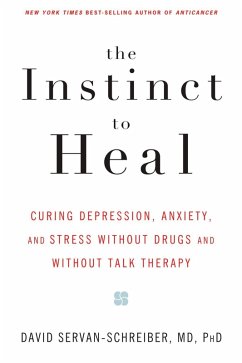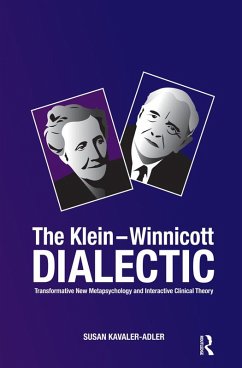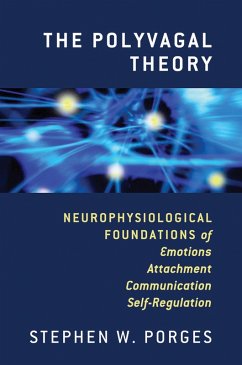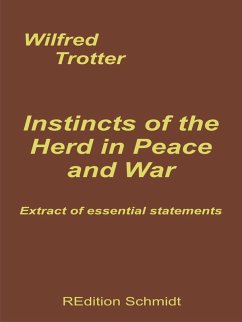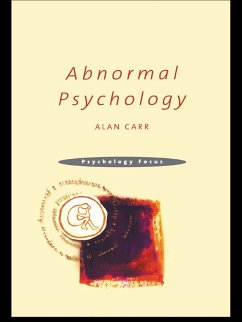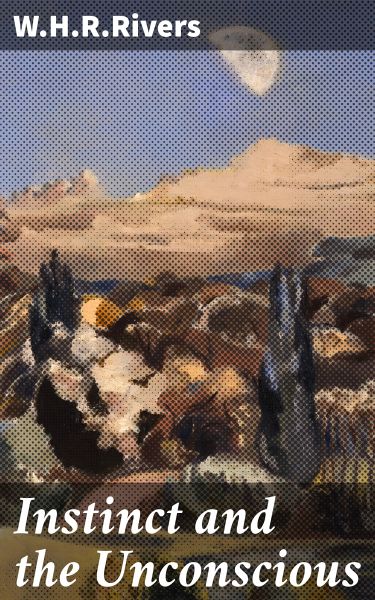
Instinct and the Unconscious (eBook, ePUB)
Enriched edition. Exploring the Depths of Human Behavior and the Mind
Kommentar: Stokes, Miles / Redaktion: Good Press
Versandkostenfrei!
Sofort per Download lieferbar
1,99 €
inkl. MwSt.
Weitere Ausgaben:

PAYBACK Punkte
0 °P sammeln!
In "Instinct and the Unconscious," W.H.R. Rivers delves into the intricate interplay between innate instincts and the unconscious mind, employing a blend of psychological insights and anthropological observations. The book is structured around Rivers' pioneering theories on the influence of primal drives on human behavior, framed within the emerging discourse on psychoanalysis during the early 20th century. Rivers' literary style is both accessible and erudite, merging scientific analysis with philosophical inquiry, thus placing his work at a critical juncture in the evolution of psychological...
In "Instinct and the Unconscious," W.H.R. Rivers delves into the intricate interplay between innate instincts and the unconscious mind, employing a blend of psychological insights and anthropological observations. The book is structured around Rivers' pioneering theories on the influence of primal drives on human behavior, framed within the emerging discourse on psychoanalysis during the early 20th century. Rivers' literary style is both accessible and erudite, merging scientific analysis with philosophical inquiry, thus placing his work at a critical juncture in the evolution of psychological thought. W.H.R. Rivers, a physician and anthropologist, is renowned for his substantial contributions to both psychology and the understanding of human mental processes. His experiences in the medical field, particularly during World War I, informed his views on the psychological trauma experienced by soldiers, which permeates this work. Rivers' deep engagement with contemporary thinkers, along with his unique perspective as an anthropologist, inspired him to explore how unconscious processes shape instinctual behavior. "Instinct and the Unconscious" is an essential read for anyone interested in the foundational principles of psychology and the exploration of human consciousness. Rivers' thought-provoking analysis invites readers to reconsider the driving forces behind their actions, making it a significant and enlightening addition to the library of anyone fascinated by the complexities of the human psyche. In this enriched edition, we have carefully created added value for your reading experience: - A succinct Introduction situates the work's timeless appeal and themes. - The Synopsis outlines the central plot, highlighting key developments without spoiling critical twists. - A detailed Historical Context immerses you in the era's events and influences that shaped the writing. - A thorough Analysis dissects symbols, motifs, and character arcs to unearth underlying meanings. - Reflection questions prompt you to engage personally with the work's messages, connecting them to modern life. - Hand-picked Memorable Quotes shine a spotlight on moments of literary brilliance. - Interactive footnotes clarify unusual references, historical allusions, and archaic phrases for an effortless, more informed read.
Dieser Download kann aus rechtlichen Gründen nur mit Rechnungsadresse in A, B, BG, CY, CZ, D, DK, EW, E, FIN, F, GR, H, IRL, I, LT, L, LR, M, NL, PL, P, R, S, SLO, SK ausgeliefert werden.





